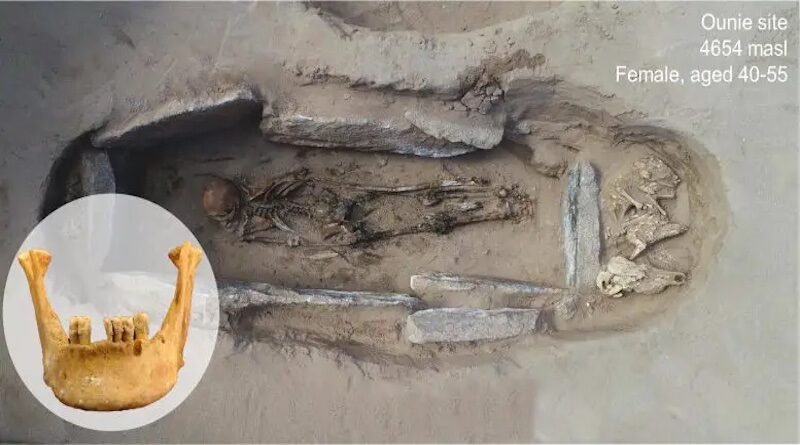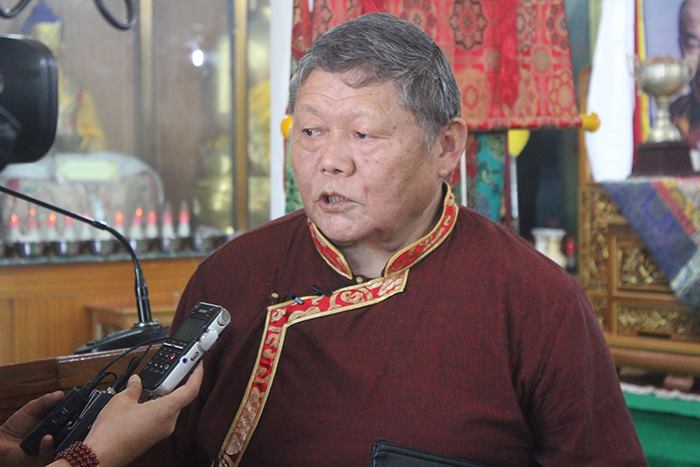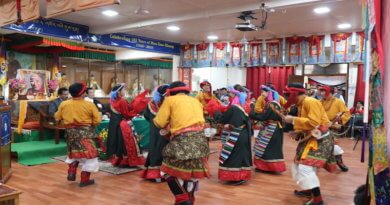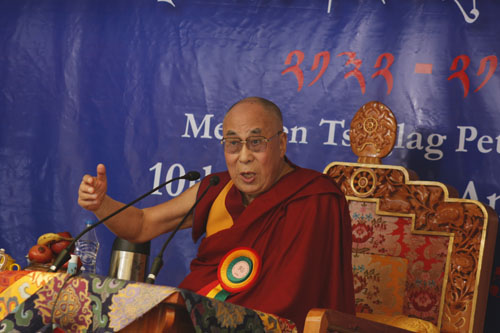Dairying practised in Tibet over 3500 years ago
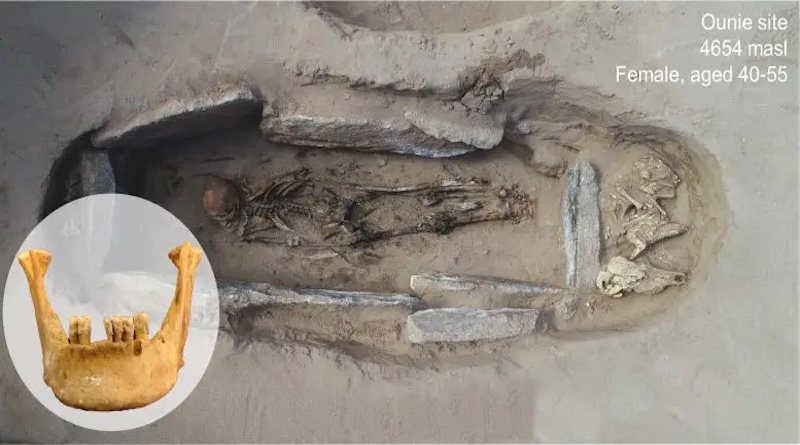
DHARAMSALA, 15 April: The earliest evidence of dairy consumption on the Tibetan Plateau dates back to “3500 years ago and supported population expansion into its vast, non-farmable highlands,” new research has concluded.
According to a report on Sci Tech Daily, new research into ancient populations that resided on the Tibetan Plateau has found that “ancient populations on the Tibetan Plateau practised dairy pastoralism 3500 years ago, much earlier than previously thought.”
Based on the findings of the international research team, dairying was practised on the Tibetan plateau more than 2000 years earlier than recorded in historical sources.
The researchers have concluded that dairy pastoralism enabled long-term settlement in the extreme environment of the Tibetan plateau.
The discovery was made after analysing “ancient milk proteins in dental calculus, revealing that early inhabitants sourced dairy from various animals, highlighting the importance of dairy pastoralism in supporting human occupation of the agriculturally poor highlands.”
Dental calculus provides a direct source of ancient dietary information on individual humans because food proteins and other substances become trapped in the calcified matrix during its formation, it added.
According to the report, the researchers used paleoproteomic techniques to analyze ancient milk proteins preserved in the dental calculus of 40 human individuals from 15 ecologically diverse sites in Tibet.
It was reported that The research, published in Science Advances, revealed that dairying was a critical cultural adaptation that supported expansion of the early pastoralists into the region’s vast, non-arable highlands, opening the Tibetan Plateau up to widespread, long-term human occupation.
“The extreme environments of the Tibetan Plateau – one of the world’s largest and highest and commonly referred to as the ‘third pole’ – offer significant challenges to human survival and demanded novel adaptations,” Professor Petraglia said.
“The contribution of pastoralism to the settlement of Tibet is less well understood, especially the dairy pastoralism that has historically been central to Tibetan diets,” PhD candidate Li Tang who led the research team has said.
Others in the team include Professor Nicole Boivin of the Max Planck Institute for the Science of Human History, Professor Shargan Wangdue from the Tibetan Cultural Relics Conservation Institute, and Professor Hongliang Lu from the Center for Archaeological Science at Sichuan University.

